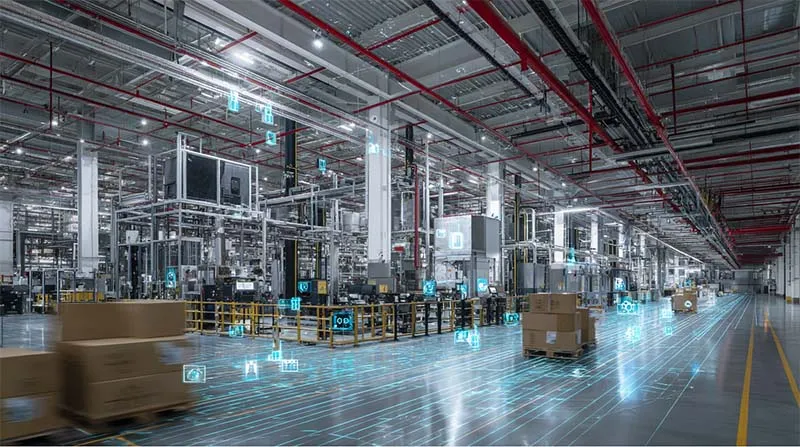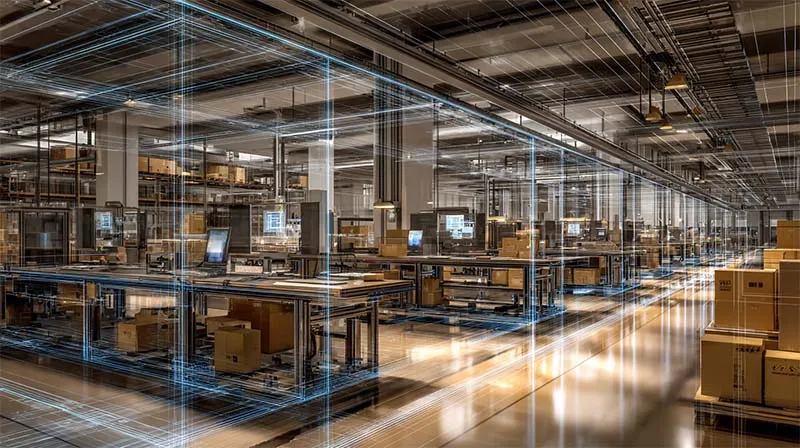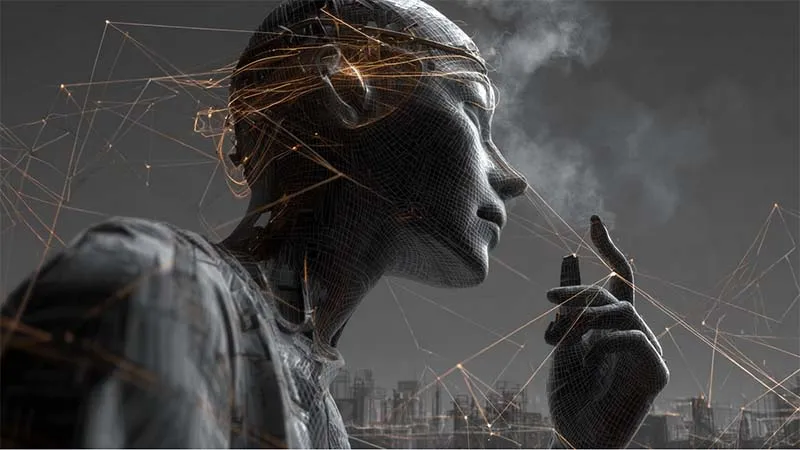In the era of Industry 4.0, the Industrial Internet of Things (IIoT) is becoming the core force behind manufacturing transformation. It’s more than connecting devices. It’s about unlocking the full value of data. It enables seamless collaboration between machines, systems, and human intelligence. With the rise of digital twins, artificial intelligence, and metaverse technologies, the IIoT is evolving into a smarter, more efficient, and sustainable industrial ecosystem.
Industrial IoT: The Engine of Smart Manufacturing
Traditional manufacturing faces persistent challenges: low efficiency, high maintenance costs, and lack of flexibility. The Industrial Internet of Things breaks these limits. Through high-precision sensors, edge computing devices, and real-time communication networks, companies can capture comprehensive data on equipment, processes, and environments.
In this system, data is no longer static. It flows. It drives predictive maintenance, reducing downtime from failures. It models and analyzes production to generate optimized schedules. This data-driven approach allows enterprises to stand out in highly competitive markets.

Digital Twins: The Brain of the IIoT
If the Industrial Internet of Things is the nervous system, the digital twin is the brain. Digital twins create a virtual model that mirrors physical assets in real time. Every change in the physical environment is mapped into a dynamic, interactive simulation.
This deep integration boosts visualization and gives companies new foresight. They can test different processes in a risk-free virtual space. They can use AI-driven analytics to predict failures and recommend improvements. This reduces maintenance costs and optimizes workflows across the production lifecycle.
Case Study: BMW Leipzig and the Efficiency Revolution
BMW’s Leipzig plant shows the transformative power of the Industrial Internet of Things. The factory built a metaverse-based virtual production line. It connected physical equipment with digital twin models for real-time collaboration.
In welding, AI algorithms optimized the welding path. This reduced energy use, improved accuracy, and increased yield.
The results speak for themselves: production efficiency rose by 30%. Maintenance costs dropped by 40%. This is more than a technical upgrade. It’s a new production mindset. The plant shifted from reactive responses to proactive decision-making, moving from experience-driven operations to fully data-driven management.
Future Outlook: From Smart Factories to Smart Supply Chains
The Industrial Internet of Things goes beyond single factories. It will soon extend across entire supply chains. With 5G, edge computing, and big data, companies can share information in real time. This creates an interconnected network for cross-enterprise, cross-region collaboration.
Digital twins will cover the full lifecycle—from product design to post-sales service. AI will make decisions faster and smarter. The IIoT, combined with blockchain and other emerging technologies, will create new possibilities: self-optimizing factories, ultra-low-energy manufacturing, and highly flexible, customized production.

Challenges and Solutions
The road to IIoT adoption isn’t easy.
Technical barriers: High-precision modeling, complex simulations, and real-time analytics require strong technical foundations.
Data security: More connectivity means more exposure to cyberattacks and data leaks.
Organizational change: Digital transformation demands cultural and management shifts, cross-department collaboration, and multidisciplinary talent.
To overcome these challenges, companies need to invest in R&D, cybersecurity, and ecosystem partnerships. Collaboration is key to driving digital transformation at scale.

Embracing the Future of Intelligent Manufacturing
The Industrial Internet of Things is more than an efficiency tool. It’s a strategic pillar for industrial transformation. With digital twins, AI, and other frontier technologies, the future of manufacturing will be smarter, faster, and greener.
EELINK Communication, with over 20 years of expertise in IoT hardware and software development, is leading this innovation journey. Its solutions cover remote monitoring platforms for temperature and humidity, asset management, vehicle security, insurance services, and cold chain logistics. By delivering reliable, efficient, and innovative technologies, EELINK continues to create value and meet the evolving needs of global customers.
The revolution of the Industrial Internet of Things has only just begun. Embrace it, and embrace the future.
